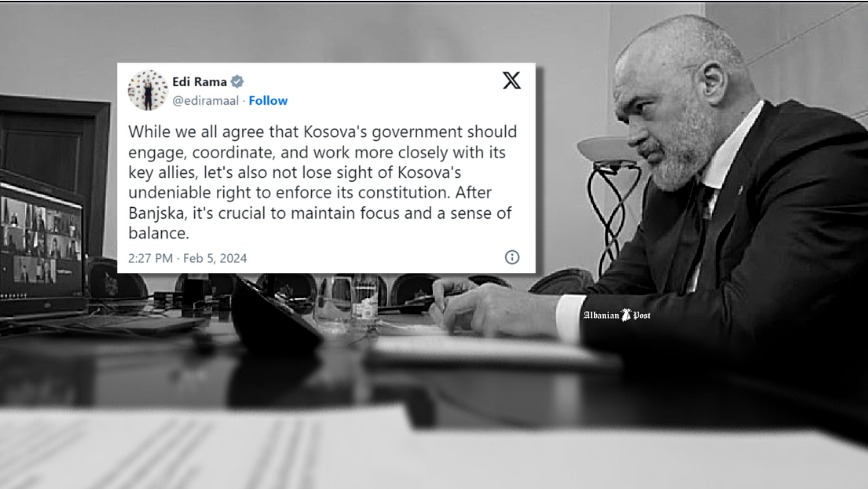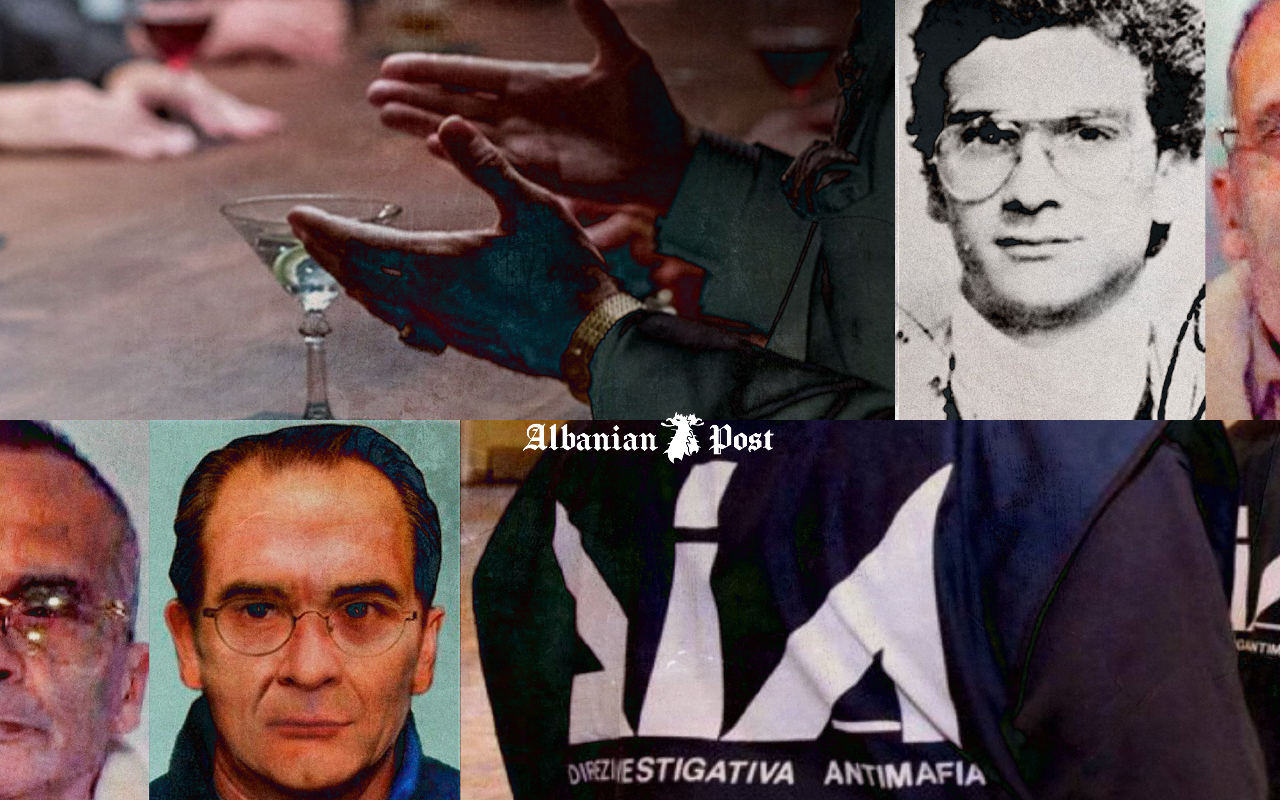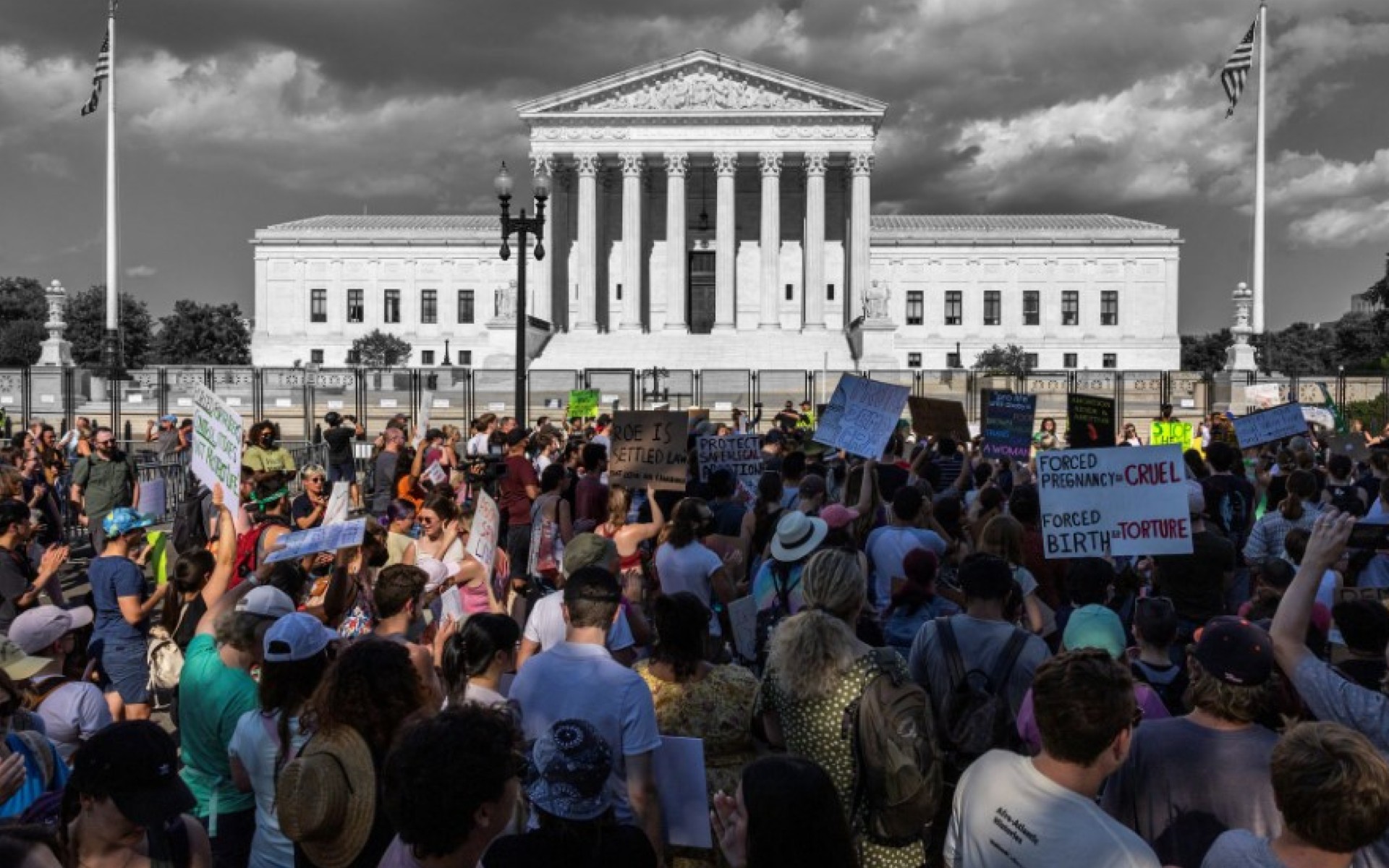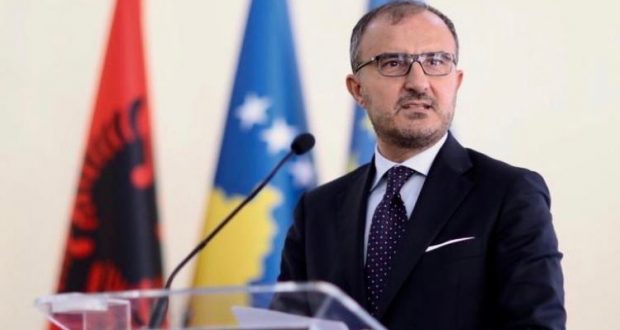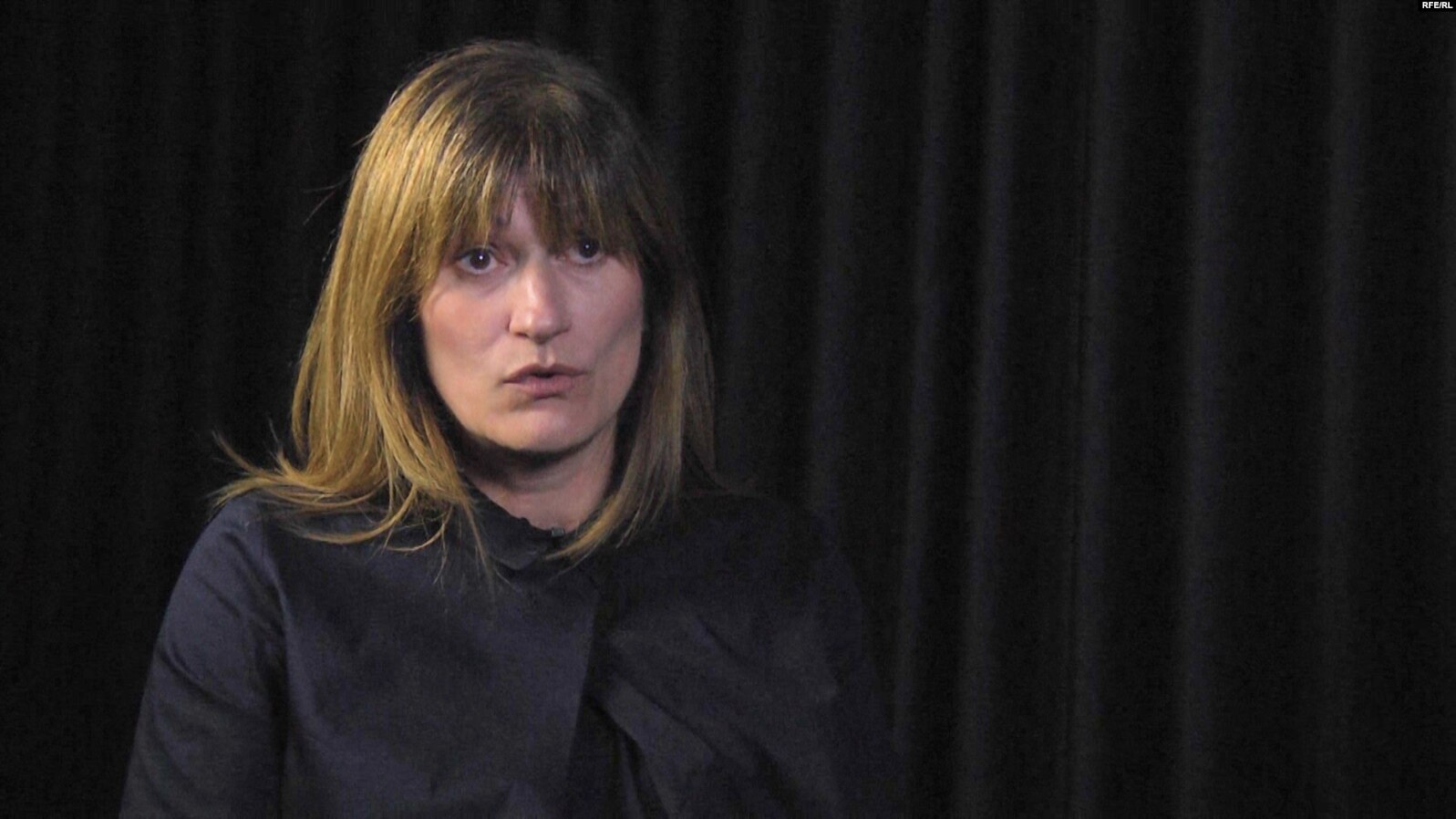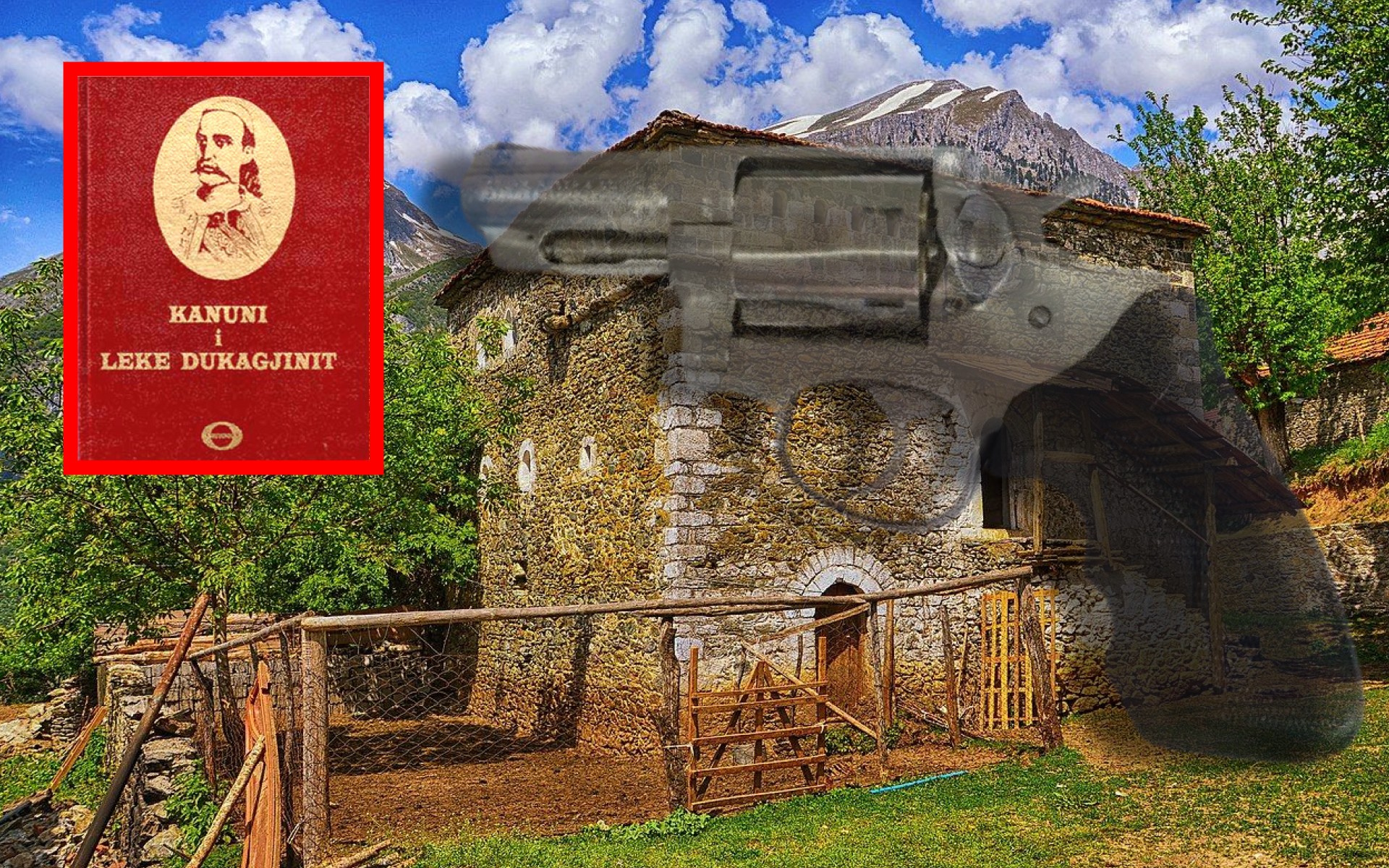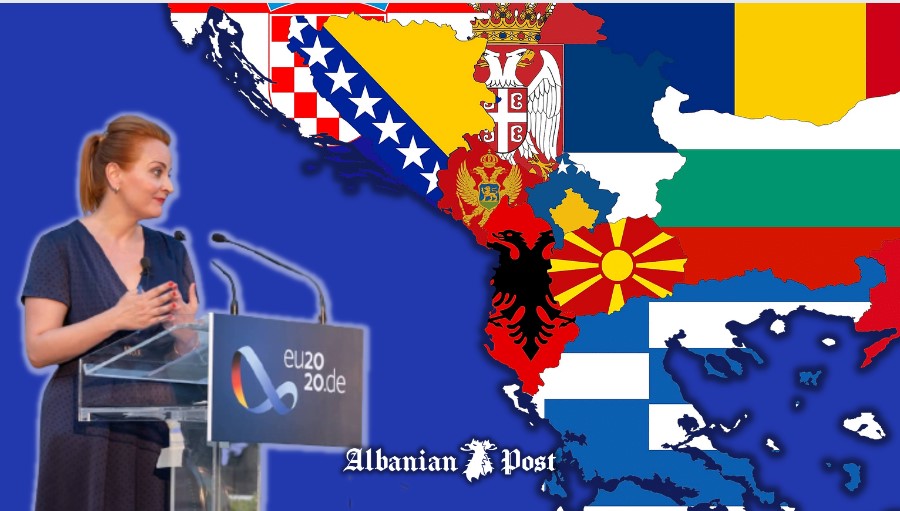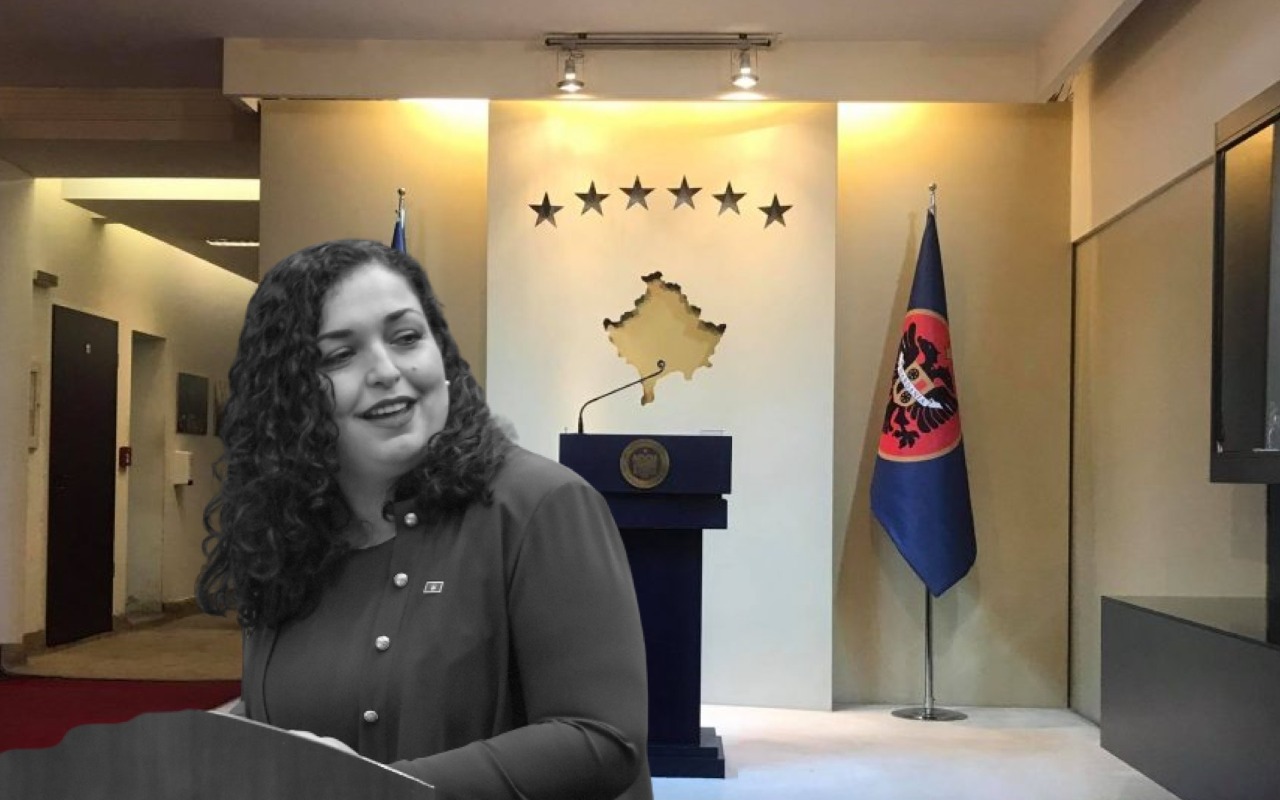
The position of the President of Kosovo consists of two main elements: the formal role, which is representing the country in foreign policy and the factual role, which is the power figure in internal politics.
Vjosa Osmani, in her first year as President, has not even ascended to the level of Atifete Jahjaga in foreign policy, and neither has the power of Hashim Thaci in internal politics.
Jahjaga, being singled out by Americans themselves, having a fluent English (at the time, this had been importnat), and perhaps with low expectations, also being the first woman as President of a country such as Kosova, had an exceptional performance in foreign policy.
Meetings of the highest levels, both with the then-President, Barack Obama, and the current (then vice-President), Joe Biden. She’s been a speaker in conferences of immense importance.
So far, Osmani’s highest level meeting was with the President of Turkey, Erdogan. As for the power of the figure in internal politics, it was certainly not even expected to reach the influence that Hashim Thaci has had. History precludes it.
With no meetings on the outside, and with silence on the inside, she’s had a narrow role as president. To illustrate this, the biggest news on Osmani were her husband’s scandals with the media.
In internal politics she was characterised with a strange refusal të talk about the Kosovo Liberation Army, so to say, not to give, for she has no such power, but to recognise its merit as one of the most successful guerillas.
The President is willing to grant the merit of victory to whatever other mechanism, except to the KLA.
Neither in her speech in the Kosovo Assembly, during Liberation Day, the President melted nor her heart.
It took harsh criticism for Osmani to succumb to the pressure, but even so in a tactical manner, not reflection.
Osmani has remained silent on every public debate in Kosovo.
She sought to understand what the opinion of the Government is on that debate, which is practically that of Prime Minister Albin Kurti, and right after, to side, mainly silently, on his side.
Despite being a faintly president, Osmani remains a politician of high importance in Kosova. So important that, with her MP’s of “Lista Guxo/Dare List”, if she’d so desire the country would have new elections.
The strong hand of Osmani is that in truth no one knows how politically significant she is. How many votes does she have? Officially she is the most voted politician in Kosovo, but she took the votes by bearing the list of Vetëvendosje and Albin Kurti happened not to be in that list.
Even when she was in LDK she had many votes, but there she was under the banner of a big party.
When she broke up with LDK and established “Dare List”, it was believed that she would compete alone, but even there she tacticized. She dared not to enter the elections on her own.
Therefore, there is a paradoxical situation around her: she is the most voted politician, and it is highly likely that if she’d run with her sole/own political force in the elections, it may not cross the threshold at all.
This insecurity of her real power is something that concerns Prime Minister Albin Kurti as well.
This renders their relationship as a rather strange one, because as such it is based on uncertainty.
But why so?
Because Kurti without Osmani’s MP’s loses the government. And, if he’d go to the polls without her, he knows not whether he gets the same or the sufficient number of votes to beat the other parties taken together.
Let us suppose that there is a split, and the country goes to the polls.
Osmani, as an abled player, has the space to position herself on the side of LDK, because she’s always had good relations with the current head of LDK, Abdixhiku.
So, for Kurti, Osmani is quite a small partner, but sufficiently so, while if she’d were to be an opponent, she might become quite a big problem.
Kurti and Osmani have nothing in common, except their needs for each other at different levels. Nevertheless, in an eventual breakdown of their relationship, Osmani has more options.
Osmani as an institutional position, in this case president, has done nothing to get a positive assessment and is not even expected to ever do any good work – she just neither wants nor knows.
Consequently, Osmani in “forms of government” continues to be neither a political institution nor a political figure, but remains an important political instrument.
Because, she almost always knew how to position herself well. And being a utilitarian, she has turned herself into a very useful political lever. For this reason, Osmani is a weak president, but a politician who knows how to position her self very well. And power is not given by official position, but by the political stand.
Last from the rubric
-
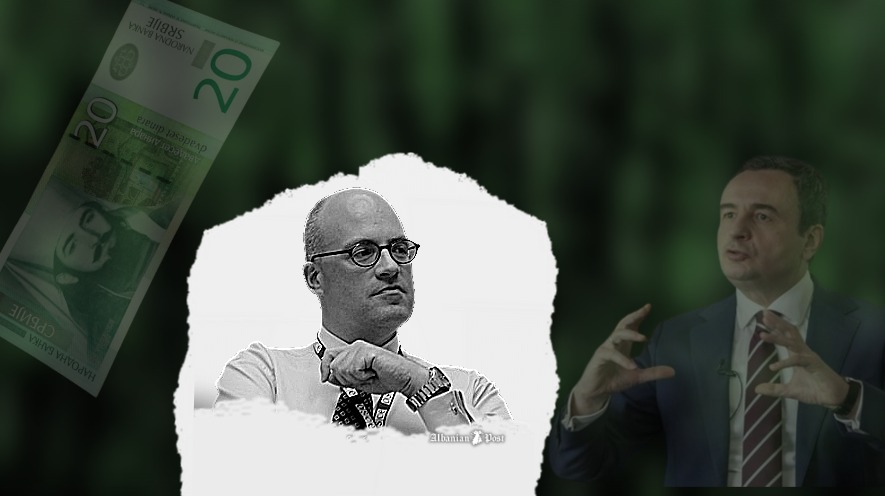
“Decision on Dinar – unfortunate and unnecessarily provocative”, interview of Albanian Post with Jonathan Moore
-
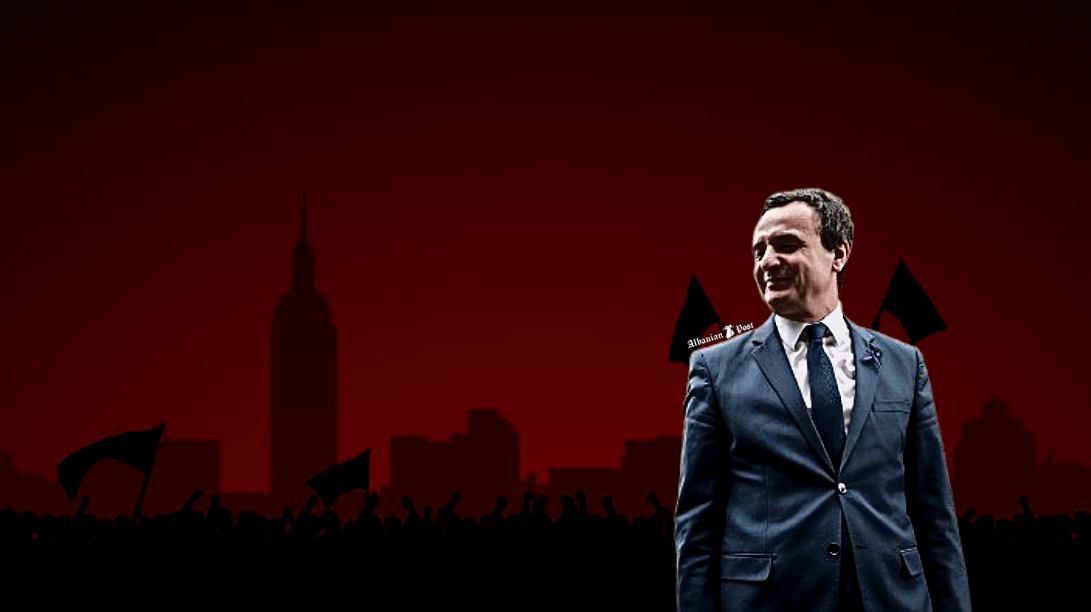
Albin Kurti’s eight fundamental problems
-
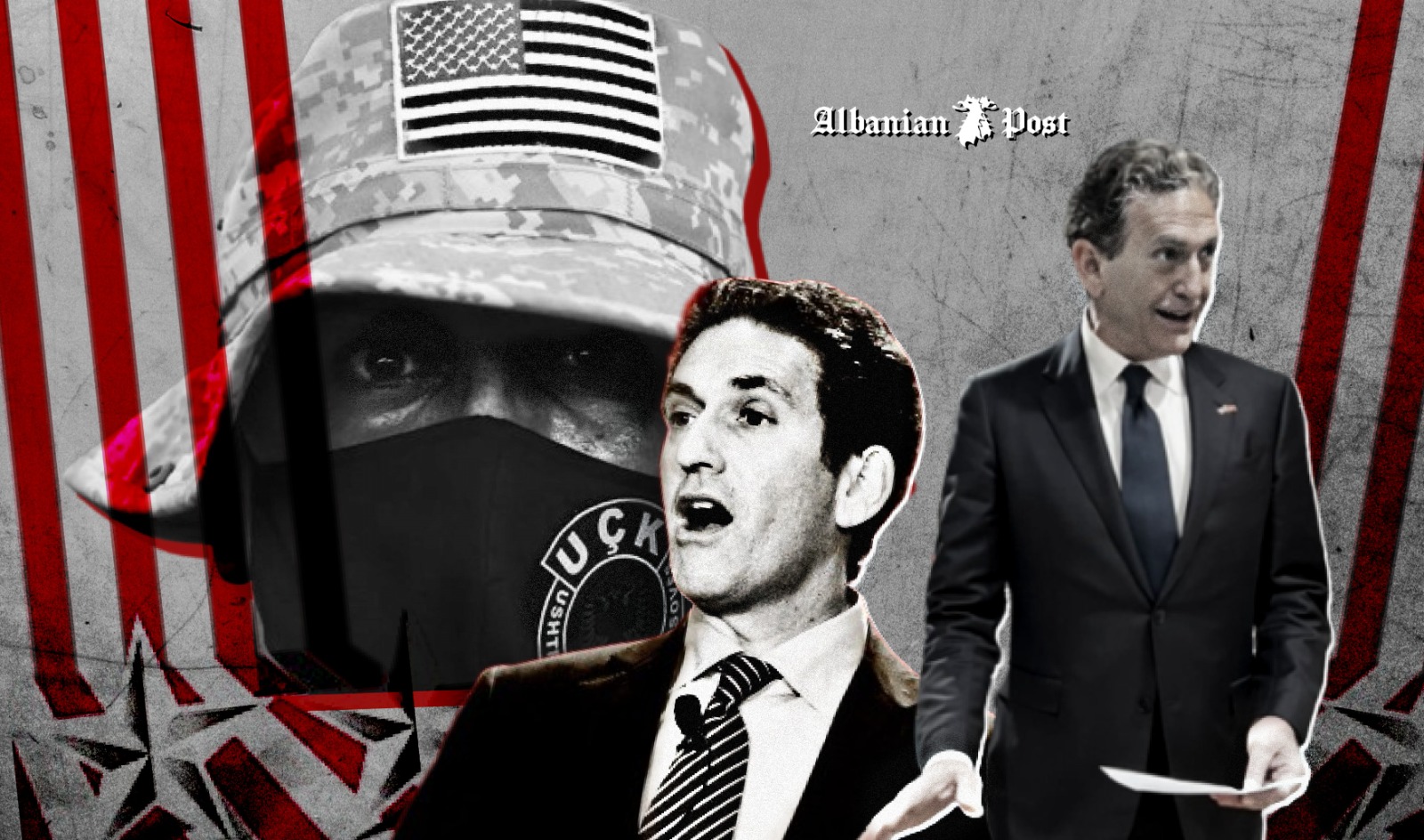
“History will record that the KLA and the United States were partners in preventing a genocide,” exclusive interview with James Rubin
-
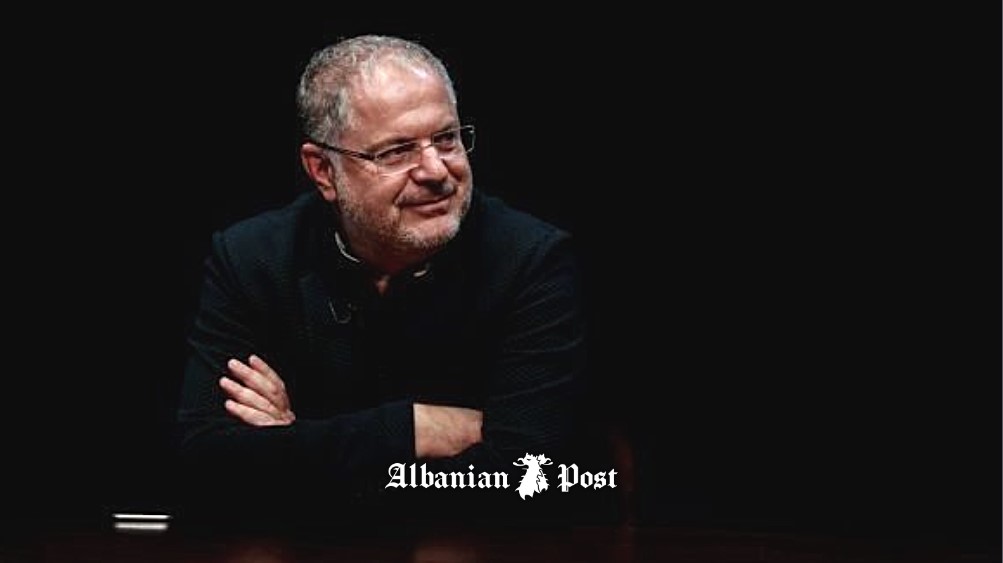
Short public letter to fellow journalists and civil society activists in Serbia, who are critical of Aleksandër Vucic as I am of Albin Kurti in Kosovo
